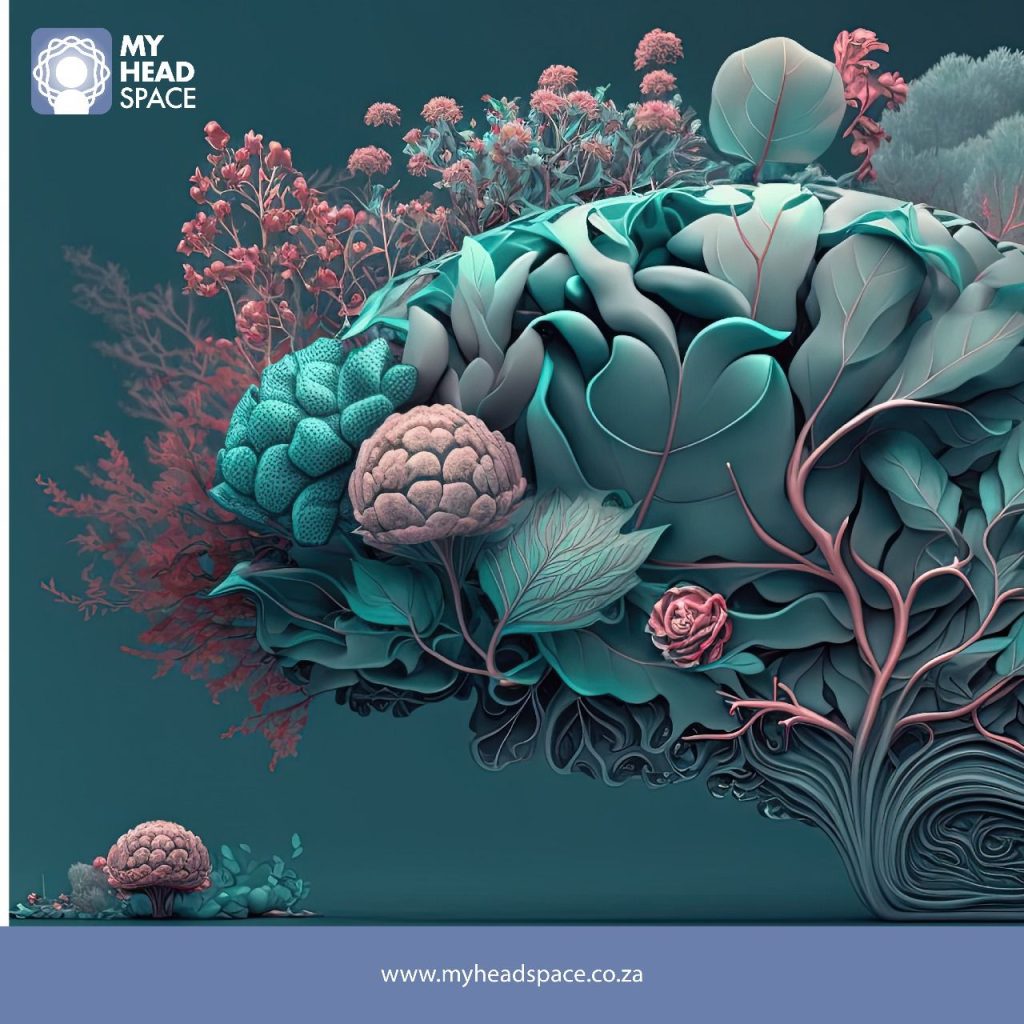
Benefits of Dialectical Behavior Therapy
Dialectical Behavior Therapy
Dialectical Behavior Therapy (DBT) provides essential skills for managing intense emotions, improving communication, and building healthier relationships. Through DBT, you’ll learn to communicate assertively, set boundaries, and navigate conflict with greater resilience. Its foundation in mindfulness and emotional regulation fosters a deep sense of presence and control, promoting both personal growth and long-term change. Discover how DBT can support your journey to enhanced mental and emotional well-being.
Enhanced Emotional Regulation
One of the primary benefits of DBT is its focus on enhancing emotional regulation, helping you manage overwhelming feelings more effectively.
You’ll learn practical techniques to identify, understand, and work through your emotions in a constructive way. Instead of reacting impulsively, DBT empowers you to respond with awareness and intention.
Mindfulness practices are central to this process, grounding you in the present and reducing emotional overwhelm. You’ll also build distress tolerance skills, allowing you to face difficult moments without reverting to harmful coping mechanisms.
With time and practice, you’ll gain greater control over your emotions—leading to more balanced reactions and improved well-being.
Improved Interpersonal Effectiveness
DBT offers valuable tools for improving how you interact with others and manage relationships.
You’ll learn to communicate assertively, express your needs clearly, and establish healthy boundaries. These skills help reduce misunderstandings and strengthen your ability to maintain respectful, honest connections.
DBT also emphasizes empathy and validation, encouraging deeper understanding and cooperation in your relationships. As you apply these tools, you’ll find it easier to navigate conflict, listen actively, and resolve disagreements effectively.
Ultimately, DBT helps you build stronger, more fulfilling relationships that contribute to your overall emotional health.
Increased Tolerance for Distress
DBT significantly enhances your ability to tolerate distress, equipping you with tools to manage emotional pain without losing control.
You’ll develop the capacity to face difficult emotions head-on, using techniques that promote acceptance and resilience. Rather than avoiding or suppressing discomfort, DBT teaches you how to sit with it, observe it, and work through it mindfully.
This approach fosters emotional stability, helping you handle crises, setbacks, and emotional triggers with greater composure and confidence.
With consistent practice, you’ll experience fewer emotional outbursts and gain a stronger sense of inner strength and self-control.
Mindfulness and Present-Moment Awareness
Mindfulness is a foundational skill in DBT that helps you remain present and fully aware of your thoughts, emotions, and experiences.
By observing your internal state without judgment, you develop the ability to respond thoughtfully rather than reacting automatically. This awareness creates space for healthier choices, especially during emotional highs or stressful situations.
Mindfulness also supports stress reduction, increases clarity, and deepens your connection to yourself and others.
Over time, this practice enhances your emotional regulation, cultivates acceptance, and allows you to live with greater authenticity and presence.
Comprehensive Treatment for Complex Issues
DBT is especially effective for individuals facing complex emotional or psychological challenges.
It combines multiple therapeutic strategies—emotional regulation, distress tolerance, interpersonal effectiveness, and mindfulness—within a structured and personalized framework.
Whether you’re dealing with trauma, intense mood swings, or relationship struggles, DBT offers targeted tools and compassionate support to guide your healing process.
Working with skilled professionals, you’ll receive individualized care that fosters lasting change, personal growth, and improved mental health.
DBT’s well-rounded approach makes it an ideal choice for managing a wide range of emotional and behavioral difficulties.
What Is the Duration of Dialectical Behavior Therapy Treatment?
DBT typically runs for 6 to 12 months, depending on your needs. Weekly sessions focus on building core skills and applying them to real-life situations, offering long-term benefits for emotional regulation and resilience.
How Is DBT Different From Traditional Cognitive Behavioral Therapy?
While both therapies are evidence-based, DBT places greater emphasis on emotional regulation, interpersonal skills, and mindfulness. It balances acceptance with change, whereas CBT primarily focuses on changing negative thought patterns.
Can DBT Be Effective for Children and Adolescents?
Yes. DBT has been adapted for younger individuals, helping them develop emotional awareness, coping strategies, and healthier communication—especially during formative developmental stages.
What Qualifications Should a DBT Therapist Have?
Look for a licensed therapist with specialized training in DBT. They should be experienced in delivering DBT’s structured approach and demonstrate a strong capacity for empathy, support, and therapeutic engagement.
Are There Any Potential Side Effects of DBT?
DBT is generally safe, though some people may initially find emotional processing challenging. Feelings of discomfort or vulnerability are common at first but often lessen as your skills and confidence grow.
Dialectical Behavior Therapy offers a powerful path toward emotional stability, healthier relationships, and personal growth. Through the mastery of emotional regulation, mindfulness, and interpersonal effectiveness, you’ll be better equipped to face life’s challenges with clarity and resilience.
